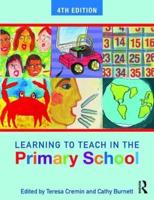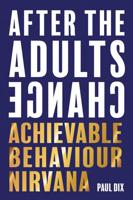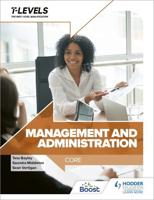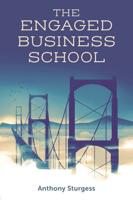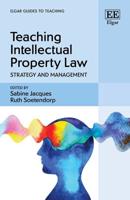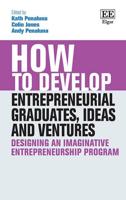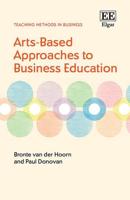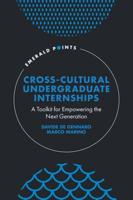Publisher's Synopsis
Who's this book for?
This book is aimed at aspiring new age leadership to include MBA candidates and other graduate-level business majors. It is also targeted at niche groups such as the American Management Institute and the American Society for Quality. This book provides guidance for the visionary professionals who will be in a position to lead their organizations in an ever-changing global environment in any professional field.
Why should I read it?
By 2025 leaders will face extremely fluid markets. The speed of change in technology, product life cycles, and ever demanding sophisticated consumers who can compare and buy products on the internet will force organizations to change their strategies to compete and survive. The challenge will be to create a global marketplace through innovation, to manage change at an ever faster rate, and to create value for ever-more sophisticated consumers.
Why is the future so important?
In the fast and unexpected changing business environment -- of global, political, societal, economical, and technological -- organizational change raises the call for a more holistic leadership that has the capacity to handle those modern challenges. The future is not what will happen; the future is what is happening. The new age leaders will need to think in terms of the future, and not focus on the present, namely the next couple of months. Until the ability to see further into the future is developed, potential leaders will be limited in their migration to higher levels in the organization.
Why is leadership emphasized?
Leadership is a privilege and a responsibility that demands a good deal from those who practice it, whether formally or informally. High on that list of demands is the need to be ethical, both in personal life and in leadership. Because leaders are role models whether they choose to be or not, they set the tone for the ethical stance of their individual followers, of the organization or group they lead, and to some extent, the larger community.
Where did these ideas come from?
The ideas expressed in this book come from combing through published research papers, articles and books from leading experts on leadership and quality with input from my 40 years of experience in industry and research in both Europe and the USA. In addition, I served as a faculty member in the graduate programs for Engineering for Professionals (EP) at the Whiting School of Engineering, Johns Hopkins University.
How should I read this book?
This book is a logical step forward from the current state of thinking about the challenges of new age leadership in the future. Solving problems will not be about spending money. It will be about understanding universal business principles, and managing ideas and talent led by the new generation of leadership.

